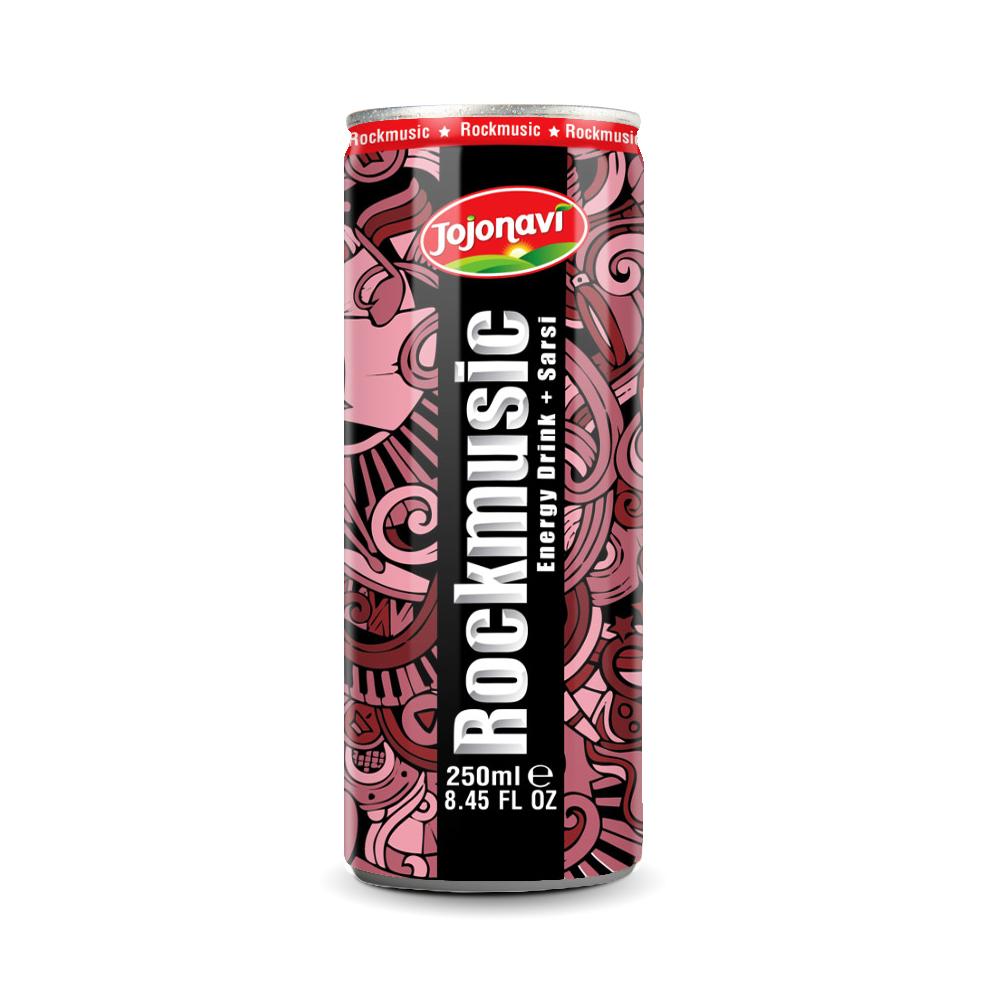Caffeine, playing a key role as a main component in energy drinks, plays a crucial role in providing energy and boosting alertness for users. However, to maximize the benefits of this product without encountering unwanted side effects, understanding the effects of caffeine as well as its proper usage is crucial and cannot be overlooked.
Caffeine is a nervous system stimulant known for its ability to stimulate the brain and create a feeling of alertness and vigor. In energy drinks, the caffeine content is typically significantly enhanced to produce an immediate “kick” upon consumption. However, using caffeine recklessly and excessively can lead to adverse effects such as anxiety, tension, and insomnia.
1. Caffeine – Fueling Energy
The stimulating power of caffeine serves as inspiration for many in their daily lives. Known for its ability to stimulate the brain, caffeine helps improve mood, enhance focus, and reduce fatigue. This is why it has become a key component in energy drinks, a popular beverage used to boost energy and enhance performance in work and physical activities.
2. Short-Term Effects of Caffeine
When consuming energy drinks, caffeine is quickly absorbed into the body through the stomach and intestines, then rapidly spreads into the bloodstream. Upon entering the bloodstream, caffeine moves to the brain and binds to nerve cells, enhancing the activity of the central nervous system. The effects of caffeine typically occur within minutes of consumption, creating a feeling of alertness, energy, and refreshed spirits. This sensation often lasts for a short period but may be sufficient to help you concentrate on tasks or activities requiring high attention. However, it’s important to note that the effects of caffeine can vary depending on factors such as individual metabolism, caffeine intake, and consumption habits.

3. Long-Term Effects of Caffeine
Caffeine has the ability to sustain alertness and enhance wakefulness for extended periods due to its capacity to stimulate the brain and boost the activity of the central nervous system. This can help you maintain focus and productivity in work or activities requiring high attention for many hours. However, excessive caffeine consumption can lead to unintended negative consequences.
One common side effect of excessive caffeine intake is increased anxiety and tension. Caffeine can enhance the production of cortisol, a stress hormone, in the body, exacerbating feelings of anxiety and tension. Furthermore, excessive caffeine consumption can impair sleep quality, leading to insomnia or reduced duration and quality of sleep, resulting in fatigue and tiredness the following day.
4. Proper Usage
To reap the benefits of caffeine without experiencing negative side effects, it’s crucial to use it in appropriate doses. It is recommended not to exceed 400mg of caffeine per day and to avoid consuming energy drinks too late in the evening to prevent interference with sleep.

5. Timing of Use
Using energy drinks in necessary situations is a useful means of boosting energy and focus in daily activities. For example, consuming a small amount of caffeine before exercising can enhance alertness and energy, enabling you to exercise more effectively and achieve better results. However, it’s essential to note that using energy drinks before exercise should be done judiciously and in moderation.
Additionally, in a work environment, using energy drinks can help enhance concentration and work performance, especially in tasks requiring high focus. However, like before exercise, caffeine use should be adjusted intelligently and considerately based on individual needs and specific health conditions.
A good approach is to only use energy drinks when truly necessary, such as in situations requiring high concentration or when needing to boost energy levels before engaging in activities requiring high attention. It’s important to note that caffeine use should be accompanied by maintaining a balanced diet and a healthy lifestyle, including providing adequate hydration and nutrition for the body. Understanding and adjusting the appropriate caffeine dosage is crucial to ensure that you can maximize its benefits.

6. Conclusion
Caffeine is not only a crucial component in energy drinks but also a determinant factor in our performance and its impact on our bodies. However, using caffeine properly is extremely important to avoid adverse effects and maximize the benefits of this product. Remember that while caffeine offers many benefits, such as increased alertness and energy, overuse can lead to undesirable consequences for your health.
To ensure your safety and health, always adhere to the recommended caffeine dosage stated on the product packaging. Consider and adjust your caffeine intake according to your individual needs and specific health conditions. If you experience any abnormal symptoms after consuming caffeine, stop usage immediately and consult a physician.
Lastly, remember that caffeine is just one part of your overall dietary regimen. To maintain good health, combine caffeine use with a balanced diet and a healthy lifestyle.








